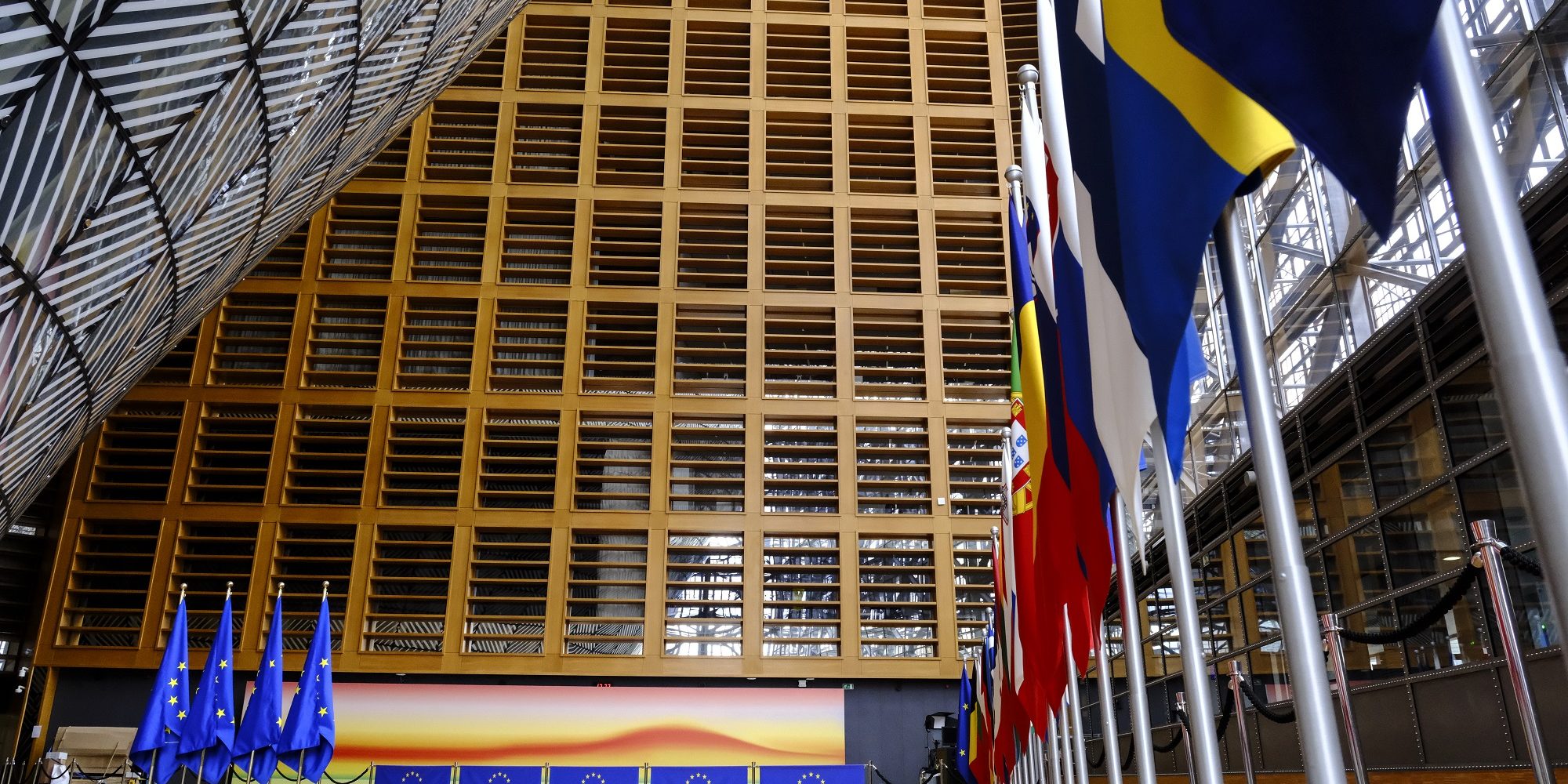
Council shamefully omits crucial crime
Women not protected due to failure of Member States.

When proposed on March 8th 2022, the Combating Violence against Women and Domestic Violence directive was lauded as a key pillar of President von der Leyen’s mandate, with Vice-President for Values and Transparency, Vera Jourová stating that “Too many women and girls suffer from rape, harassment or abuse” at the announcement of the legislative initiative.
Fast forward to today, and the quotes from senior political figures are inherently different. The Council, spearheaded by the wishes of the German and French governments, have failed to reach any compromise on Article 5, omitting the criminalisation of rape based on a lack of consent from the text. After months of intensive negotiations, the European Parliament’s co-rapporteurs, MEP Frances Fitzgerald and MEP Evin Incir, have labelled the Council position as “shameful”, while calling on governments to follow the wishes of their citizens.
These calls come after the Parliament has been left in an unenviable position of ratifying a text without the inclusion of this key article, or placing the onus on the Council to relent. While there is a possibility to review the clause in future should a directive be agreed upon, the failure to procure a qualified majority for such a crucial article, despite the clear legal advice offered and wishes of both the Parliament and Commission, is a massive blow for women throughout Europe.
“It is frankly disgraceful that Paris, Berlin and other national capitals have failed to afford women the protection these deserve. Victories that have been hard earned over the course of these negotiations, may now be lost due to the political stubbornness of some Member States”
Within the directive itself trade unions have won a number of crucial battles, including an overhaul of the workplace dimension to the text, amendments on economic harm, and recognition of cyber-violence in European law. Without the inclusion of rape on the basis of a lack of consent, the text will be significantly watered down, and may fail to be adopted at all.
Around 50 women lose their life to domestic violence every week, while 75% of women within a professional setting have experienced sexual harassment. In Europe, over 80% of those who experience violence do not seek professional help, with 32% of perpetrators of sexual harassment coming from the employment context, and 44% of women having suffered psychological violence from a partner in their lifetime. In economic terms, the estimated annual cost of our inaction against gender-based violence amounts to €366 billion each year across various sectors, all of which has contributed to the push for European action.
Now, this landmark directive risks being discarded or diluted.
Having advocated for the directive itself and involved at all stages of the amending of the text, Eurocadres President Nayla Glaise responded to the Council position with the following:
“It is frankly disgraceful that Paris, Berlin and other national capitals have failed to afford women the protection these deserve. The Parliament and Commission, aided by trade unions and civil society, have gone to great lengths to illustrate the legal basis for this landmark text, and provided national governments with an excellent piece of legislation.
Victories that have been hard earned over the course of these negotiations, may now be lost due to the political stubbornness of some Member States, who, for reasons we cannot understand, are now jeopardising the entirety of the text.
We do not live in a Union of Equality, and the actions of many governments have, in their opposition to this crucial text, simply reinforced this for women throughout Europe”.
